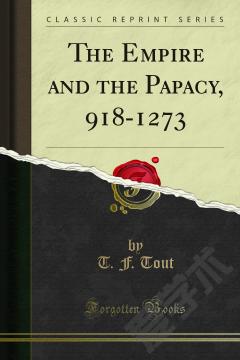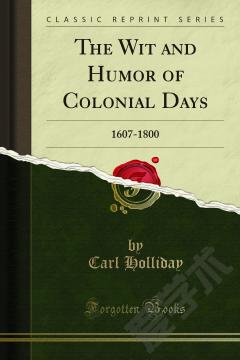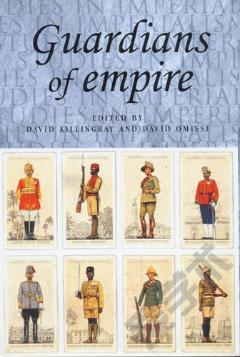Unhomely Empire —— Whiteness And Belonging, C.1760-1830
----- 邪恶帝国:白色与归属,约1760-1830年
Examining the discourse of 'home' and 'exile' in Enlightenment thought, this book explores its role in British imperial expansion during the 'long' 18th century. European imperial expansion radically increased population mobility through new trade routes, war, disease and labour, and by the 18th century millions of people were on the move. This book argues that this mass movement led to intellectual ideas and questions about what it meant to belong, and played a major role in the construction of racial difference in empire. Unhomely Empire maps the consolidation of an elite discourse of 'home' and 'exile' through three inter-related case studies and debates; slavery and abolition in the Caribbean, Scottish highland emigration to North America, and raising white girls in colonial India. Playing out over poetry, political pamphlets, travel writing, philosophy, letters and diaries, these debates offer a unique insight into the movement of ideas across a British-imperial literary network. Using this rich cultural material, Gust argues that these intellectual ideas in the long 18th century played a key role in determining who could belong to nation, civilization and humanity.
{{comment.content}}








 京公网安备 11010802027623号
京公网安备 11010802027623号